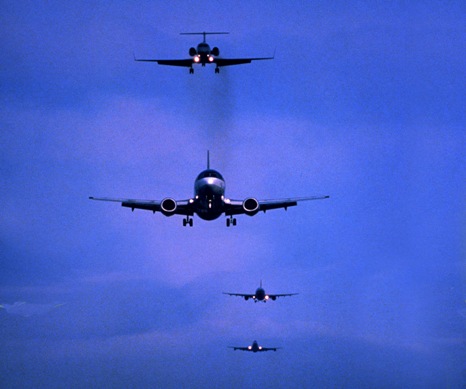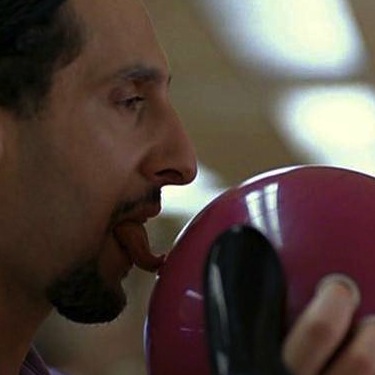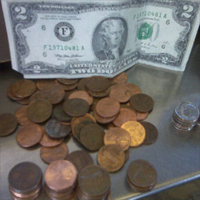I've been a broadcast meteorologist on television since the early 1990's. Happy to answer any questions about the weather or local TV news. Yes, I often wear sneakers on set just out of view of the camera.
Interesting question. We have a pretty integrated system. The numbers I've seen suggest that the return on investment for weather operations, on a percentage basis, is one of the best of all government expenditures. But, to answer your question, you might be right, I wouldn't want to lose the daily weather balloons since that is where the forecast starts, and radar more readily saves lives...so, okay maybe the satellites, if you must take something!
All kinds of things, great question. Research is a big area, professional storm chaser, there are lots of private companies that provide weather services and information to power companies or trucking companies, aviation as well. We have a guy that does vacation fill-in for us who works for an environmental impacts firm. Another fellow I work with does weather consulting for legal cases acting as an expert witness that involve things like hail or lightning damage. Thanks!
Wind is the movement of air across the planet. Uneven heating of the earth's surface by the sun heats and cools areas differently. For example, land generally heats more quickly than water. As air over a coastline heats it becomes lighter and rises leaving less air over the land. Since nature is always looking to keep things in balance, air from the adjacent ocean moves in to equalize the imbalance, creating a sea breeze. The larger the air imbalance, or air pressure difference, the faster the air moves, creating a stronger wind. Great question!
I know of a few who have started their own businesses, radar products or data services. Others have worked with the companies that provide graphics systems to television stations. There are more industries than you might think that hire meteorologists or meteorology consulting services. Power companies, trucking companies, aviation. Also weather research and teaching are options. Over the past few years more and more news anchors and reporters are leaving the business for public relations, media representatives and the like. Thanks, Tori!
Air Traffic Controller
 Have you ever ordered a pilot to abort mid-takeoff?
Have you ever ordered a pilot to abort mid-takeoff?
Bowling Alley Attendant
 What do bowling alleys do to keep those nasty shoes clean/sanitary?
What do bowling alleys do to keep those nasty shoes clean/sanitary?
Toll Collector
 Do you think there will be a time where all tolls are automated?
Do you think there will be a time where all tolls are automated?
Hi Matt. I'm actually not familiar with the payscale at the National Weather Service. You can get a pretty good idea by looking at NWS and NOAA job postings online at http://www.weather.gov/careers. Most jobs have a salary range attached to them. You might also have luck contacting your local NWS office. Click on your region at weather.gov for the closest office. Good luck!!
I think the incident I regret the most was leaving the weather office unstaffed back in the mid 1990's when a tornado formed in our market in Virginia in the early afternoon between shifts. Interesting question, thanks.
Excellent question, complicated answer. The short version is the storm chasers run the spectrum. Some are untrained and pose a real threat, others are doing valuable research. I know some local governments in tornado alley have proposed some sort of chaser licensing. Very limited for me, I'm more often tied to the studio during events. That said, I was recently invited by a high profile chaser, it would be fun and interesting! If you are interested, a Google search for storm chasing tours shows some good companies that offer some adventure. Do note there is usually a lot of driving, tiny motels and cheap food! Thanks, Mike.
-OR-
 Login with Facebook
Login with Facebook (max 20 characters - letters, numbers, and underscores only. Note that your username is private, and you have the option to choose an alias when asking questions or hosting a Q&A.)
(A valid e-mail address is required. Your e-mail will not be shared with anyone.)
(min 5 characters)
By checking this box, you acknowledge that you have read and agree to Jobstr.com’s Terms and Privacy Policy.
-OR-
 Register with Facebook
Register with Facebook(Don't worry: you'll be able to choose an alias when asking questions or hosting a Q&A.)